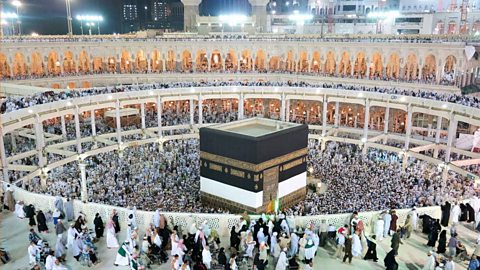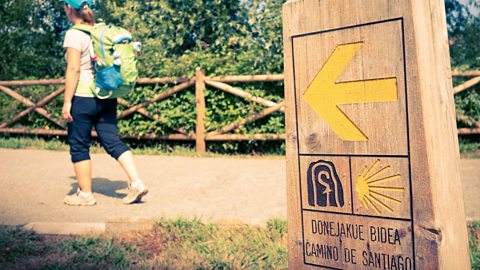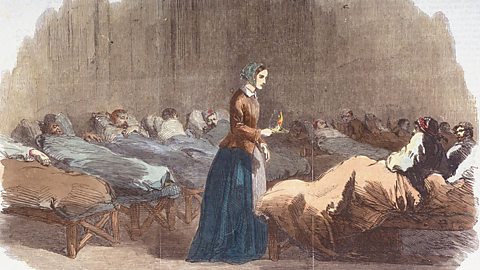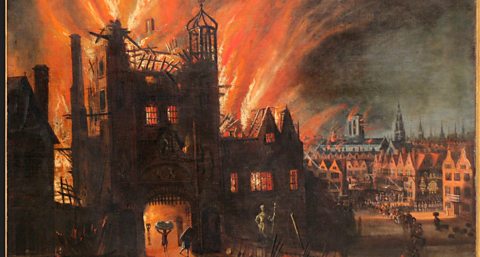Programme content:
Story: The Pilgrimage, part 2 by Kate Stonham
Song: ãTravel onã - Come and Praise, no. 42
Vox pops: Listeners talk about their favourite journeys
Interview: Mohammed Parekh talks about completing the Hajj and what it meant to him
Reflection: on pilgrimages and on making a comparison between physical and spiritual journeys
Story synopsis:
In part two of the story the pilgrims arrive at Walsingham. They remove their shoes and make the last part of the journey barefoot, as tradition demands.
The pilgrims enter the chapel and say prayers, at which point it becomes clear that Cedric has made the pilgrimage to prayer for the recovery of his mother who is very ill.
Later Cedric meets another pilgrim who gives him some holy water to sprinkle on his mother when he returns. As the story ends Cedric recalls how when he returned nothing actually changed and his mother failed to recoverãÎ and yet how something had changed, for Cedric now feels reconciled having found a ãhappy placeã within himself.
After the story:
- What did the pilgrimage leader tell the pilgrims to do for the last mile for the journey?
- What gift did Cedric offer when he prayed
- What did the old woman give to Cedric and what did he do with it?
- Cedric said, ãI learnt how to find a happy place inside me.ã What do you think he meant?
Follow-up activities:
As a class look back over your ideas following the story last time. Did anyone guess what Cedric had in his book and why he joined the pilgrimage? Which ideas came closest? Do you think any of your story ideas were better?
Think about the phrase, ãa happy place inside meã. What thoughts and ideas take you to a ãhappy placeã? Is remembering something your way to that special place or is it thinking about something youãre looking forward to. Do you sometimes find it hard to reach your happy place or can you nearly always go there? Jot down some key words about ãA happy place inside meã and then use these to write a poem with that title.
Talk about what we heard from the interviewee. Can you remember where he went and why it was special to him? Choose a special place of your own and create an illustrated brochure or a web page encouraging people to visit it. Tell them why itãs special and give as many reasons as you can for visiting your special place. Illustrate your brochure or web page with pictures of the place and its special features. You could also include a map and rail and bus travel information. You could also put in some quotes from other people who find the place to be special to them.
Click to display the image full size

KS2. Pilgrimages part 1. audio
Gemma Hunt finds out about pilgrimages and why people make them

KS2. Florence Nightingale. audio
Gemma looks back at the life of Florence Nightingale, the founder of modern nursing, who died 13 August, 1910.

KS2. The Great Fire of London. audio
Change can be good - hear how the Great Fire of London lead to a change for the better.
